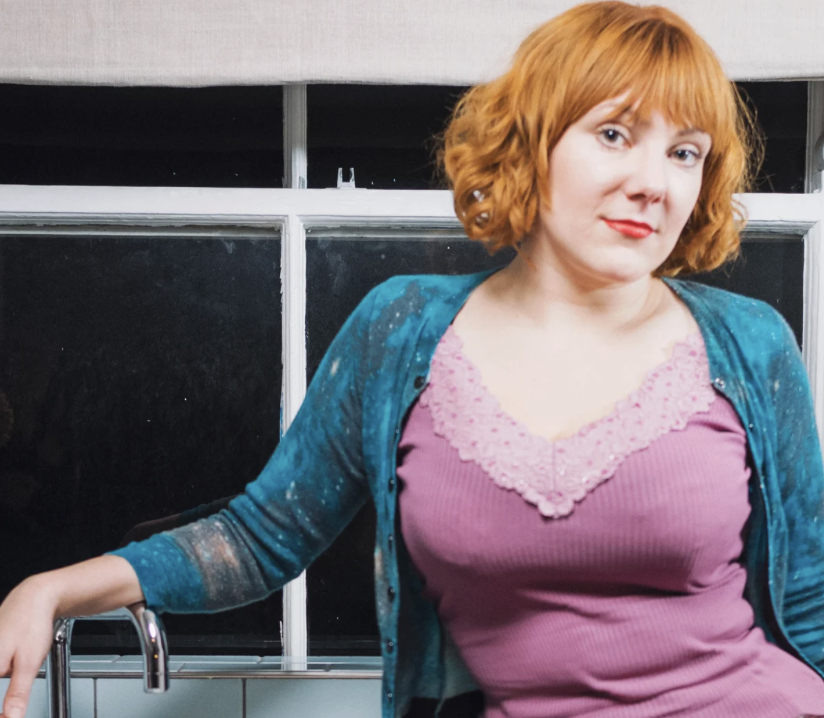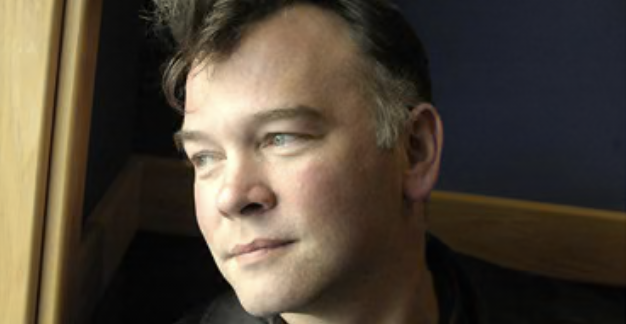In a delightful turn of events, BAFTA-winning comedian, writer, and actress Sophie Willan has been announced as the new host of The Great British Sewing Bee. Known for her razor-sharp wit and endearing charm, Willan steps into the spotlight to guide Britain’s best amateur stitchers through challenges of creativity, craftsmanship, and couture chaos.
The BBC's long-running competition series has become a staple of feel-good television, offering viewers a comforting blend of fashion, heartwarming stories, and friendly competition. Now in its latest chapter, the addition of Willan marks an exciting evolution for the show — bringing a fresh voice and a spark of humor that’s bound to sew even more joy into the fabric of the series.
A Natural Fit for a National Favourite
Sophie Willan might be best known for her hit comedy-drama Alma's Not Normal, which won critical acclaim for its bold storytelling and heartfelt humour, but she’s no stranger to connecting with everyday people. Her down-to-earth Northern roots and authentic storytelling make her a natural fit for a show that celebrates creativity and community.
While she may not have a background in sewing (yet!), Willan’s quirky charisma and ability to put people at ease promises to bring a warm, inclusive energy to the sewing room. Think less “fashion runway elite” and more “your hilarious best friend cheering you on while you hem a sleeve.”
Passing the Thread
Willan follows in the footsteps of fellow comedians Joe Lycett and Sara Pascoe, who each brought their own unique flair to the presenter’s role. Fans of the show have come to appreciate the delicate balance of comedy and compassion that a good host brings — and with Sophie at the helm, that legacy looks set to continue.
In her own words about the new role, Willan shared:
"I’m absolutely thrilled to be joining such a beloved show. I can’t wait to get into the sewing room and meet this year’s brilliant bunch of contestants. I may not be able to thread a needle myself, but I’ll be bringing plenty of enthusiasm, encouragement, and maybe a few laughs!"
What to Expect This Season
With Sophie Willan leading the way, this season promises a vibrant mix of signature challenges, stunning transformations, and of course, the all-important made-to-measure rounds. The judging panel remains in place, with Patrick Grant and Esme Young returning to offer their seasoned critiques — expect the usual mix of raised eyebrows, heartfelt praise, and the occasional savage quip.
As always, the show will spotlight the personal stories of its contestants, many of whom sew not just for style, but for identity, healing, and expression. It’s this heartfelt storytelling — now paired with Willan’s empathetic humour — that keeps viewers coming back season after season.
Stitching Together Old and New
At its core, The Great British Sewing Bee is a celebration of craftsmanship, individuality, and the joy of making something by hand. In a world where fast fashion dominates, the show continues to champion slow, sustainable, and soulful creativity.
With Sophie Willan stepping in as host, the series looks poised to continue its tradition of warmth and wit — with just a little extra sparkle (and maybe some sequins).
So dust off your bobbins and get ready: this season of The Great British Sewing Bee is going to be stitched with laughter, layered with talent, and hemmed with heart.
———————————————————————-
Are you excited about Sophie Willan joining Sewing Bee? Let us know your thoughts in the comments — and don’t forget to tune in when the new season premieres! 🧵✂️















